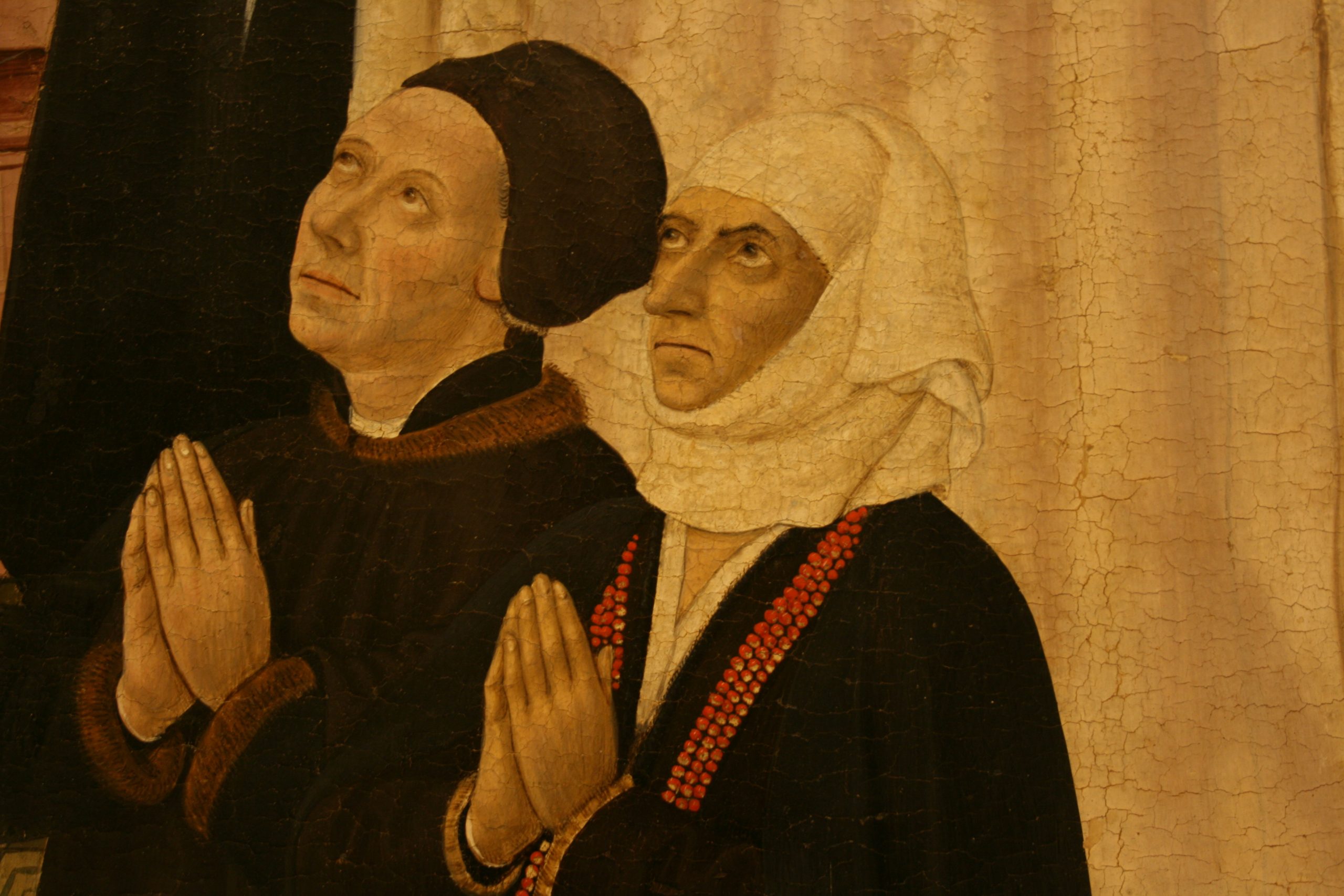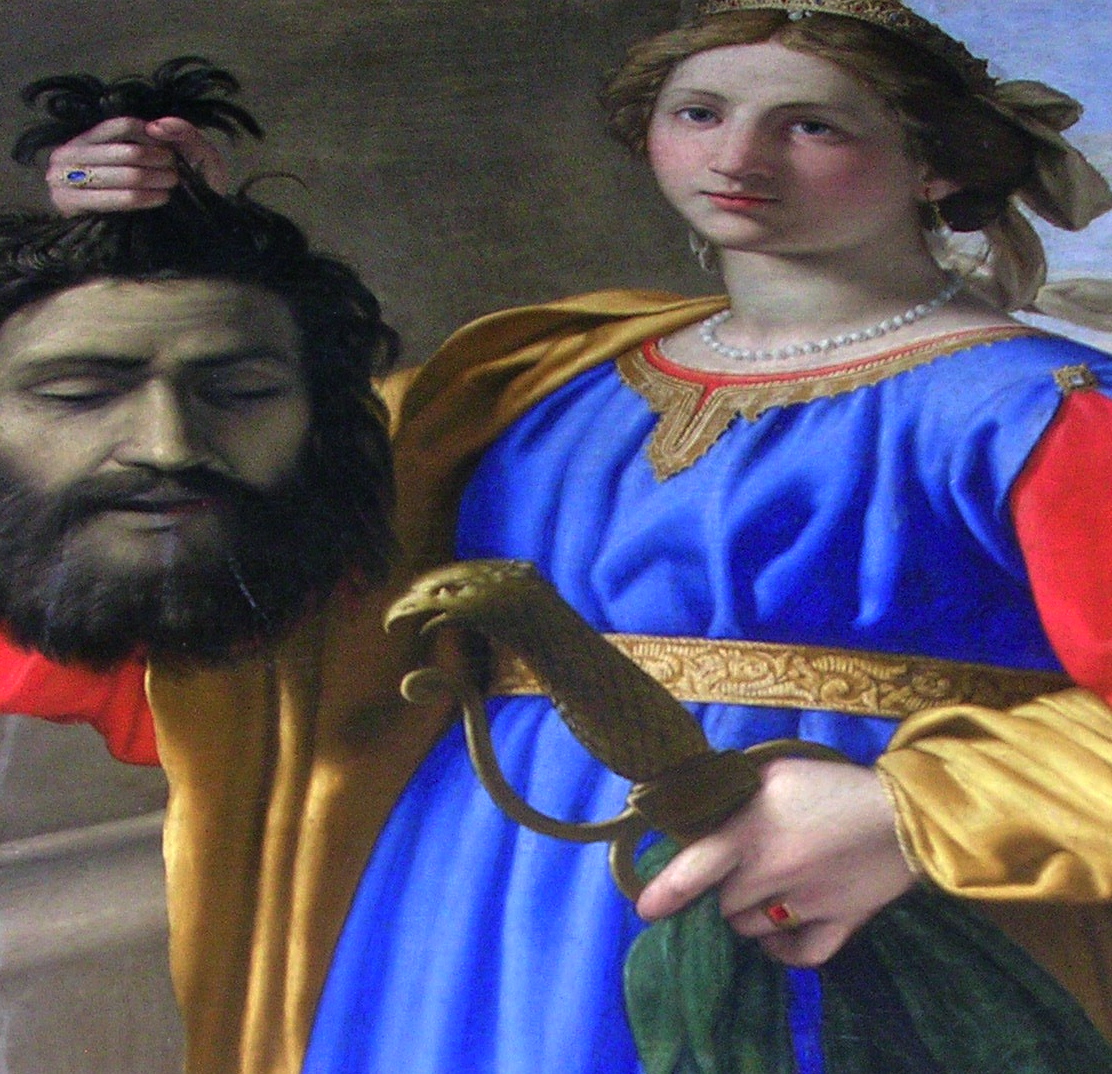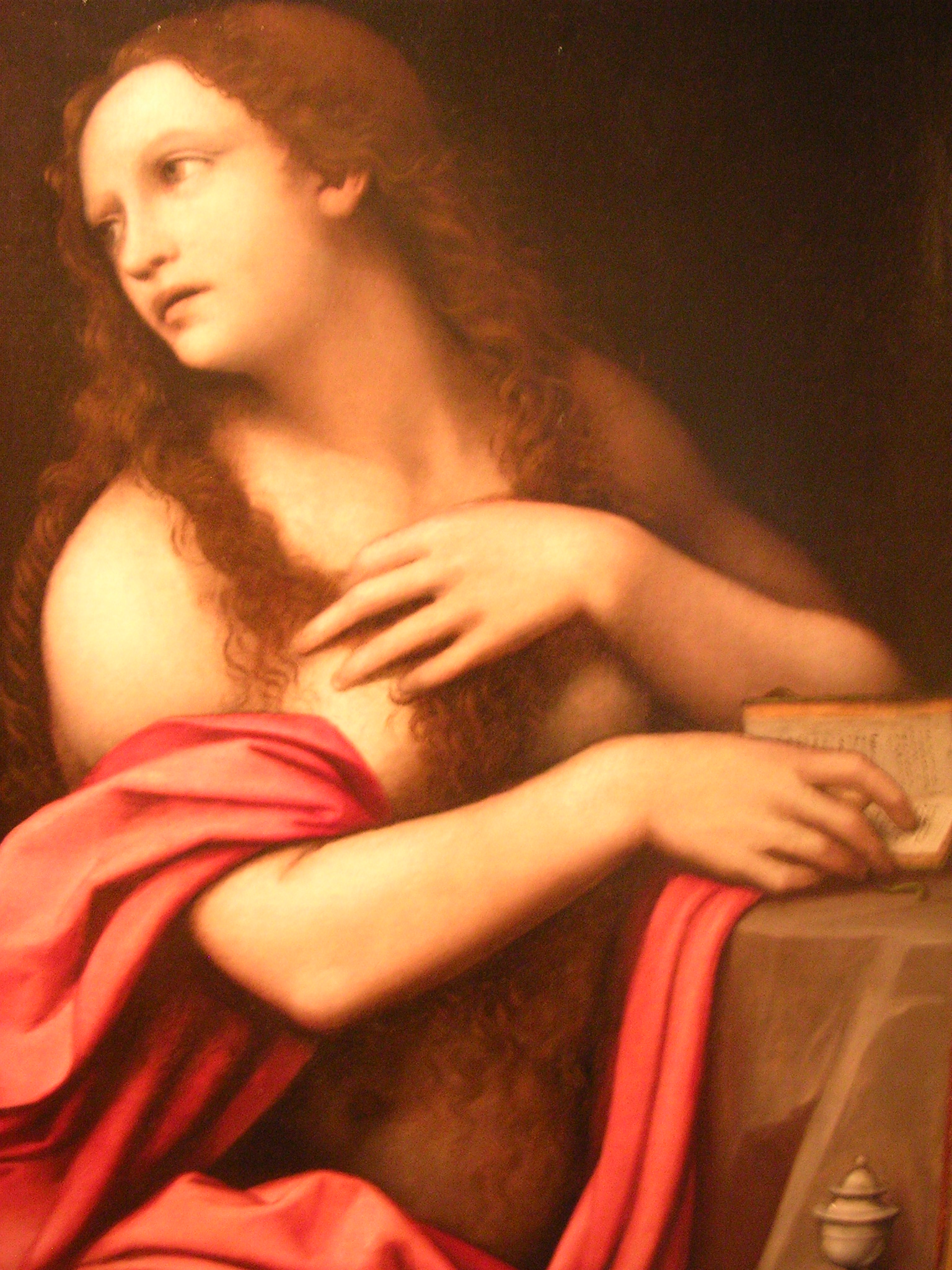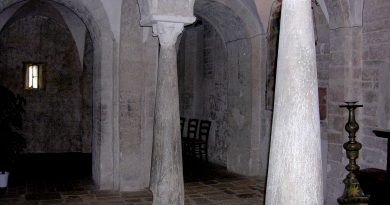Hairdressers and prostitutes in the Middle Ages
The term lavatrice di capeta (hair washer) referred to what we would now call a hairdresser for ladies and gentlemen in the Middle Ages.
It was a perfectly respectable profession that was nonetheless frowned upon by late medieval society.
Taking care of hairstyles for gentlemen was in fact considered so intimate and promiscuous as an activity, that it was compared to the activities of a prostitute.

Why would there be so much contempt for a useful and respectable trade such as someone who washes the heads of others?
Perhaps the hands of the medieval hairdresser were not limited to washing hair?
It’s easy to imagine how this activity which inevitably involved a woman’s hands touching the scalp of a man, could have been interpreted as being an intimate gesture, similar to that of a massage charged with eroticism and sensuality.
Nor should we forget that in the Middle Ages there were many clergymen and preachers who were quick to judge as immoral and sinful any profession that might have focused on the care of the body, especially if it was characterized by any kind of physical contact between men and women.
In fact, prostitutes and hairdressers for gentlemen (lavatrice di capeta) ended up being considered synonymously, so that the two different terms began to have a similar meaning and therefore began to be used interchangeably.
This is how the term lavatrice di capeta came to designate the women of loose virtue, thought of as prostitutes, who were tolerated in the brothels of the city, but were marginalized by the civil community and judged sinners by the clergymen.
All this is testified to by an article of the medieval “Statuto del Comune del Popolo di Perugia” (Statute of the Commune of Perugia) which consists of a set of articles that were used to administer the city.
“No harlot, or whore, or lavatrice di capeta may dwell less than ten houses away from the church of the blessed Ercolano (patron saint of Perugia), or any other churches in the city of Perugia (…) nor may anyone rent them a home in those places. And whosoever shall disobey the law, whether it be one of the harlots themselves or someone who rented the house to them, they will be punished with a fine of 50 monetary libre [1] (…) and everyone can be an accuser “. [2]

Upon analysis of the text of 1342, there arise several points for reflection. We note that within the city walls of the medieval Commune (the towns in medieval western Europe became a Comune when they acquired self-governing municipal institutions) a woman was allowed to carry on her business as a prostitute in a brothel: any owner was in fact free to assign the lease to a harlot, a home where she could freely carry out her services, provided it was sufficiently far away from places of worship. The Statute of the fourteenth century similarly enabled the so-called lavatrice di capeta to wash the heads of their customers in their own home, but only on condition that the dwelling was of a distance of at least ten houses from churches or other places considered sacred.
This shows an undoubtedly very tolerant attitude towards prostitution, despite the implications of the ghettoising mentality which strictly forbade the holding of promiscuous activities in the vicinity of the city’s churches. Analysis of this text also seems to imply that women who were judged to be of ill-repute would also be similarly barred from dwelling near religious places!
In short: the offense consisted neither of prostitution in brothels nor in the renting of prostitution brothels. On the contrary: the brothels were legal as were the prostitutes, who were vulnerable and un-protected, and may even have been defended by the city magistrates.
Antonella Bazzoli – translated by Lynn De La Torre (May 2013)
[1] The term comes from libra (Latin term for balance) which was an ancient Roman unit of mass, equivalent to approximately 328 grams.
[2] Book IV 132.1, Statuto del Comune del Popolo di Perugia del 1342 in volgare, edizione critica a cura di Mahmoud Salem Elsheikh, Deputazione di Storia Patria per l’Umbria, Perugia 2000



